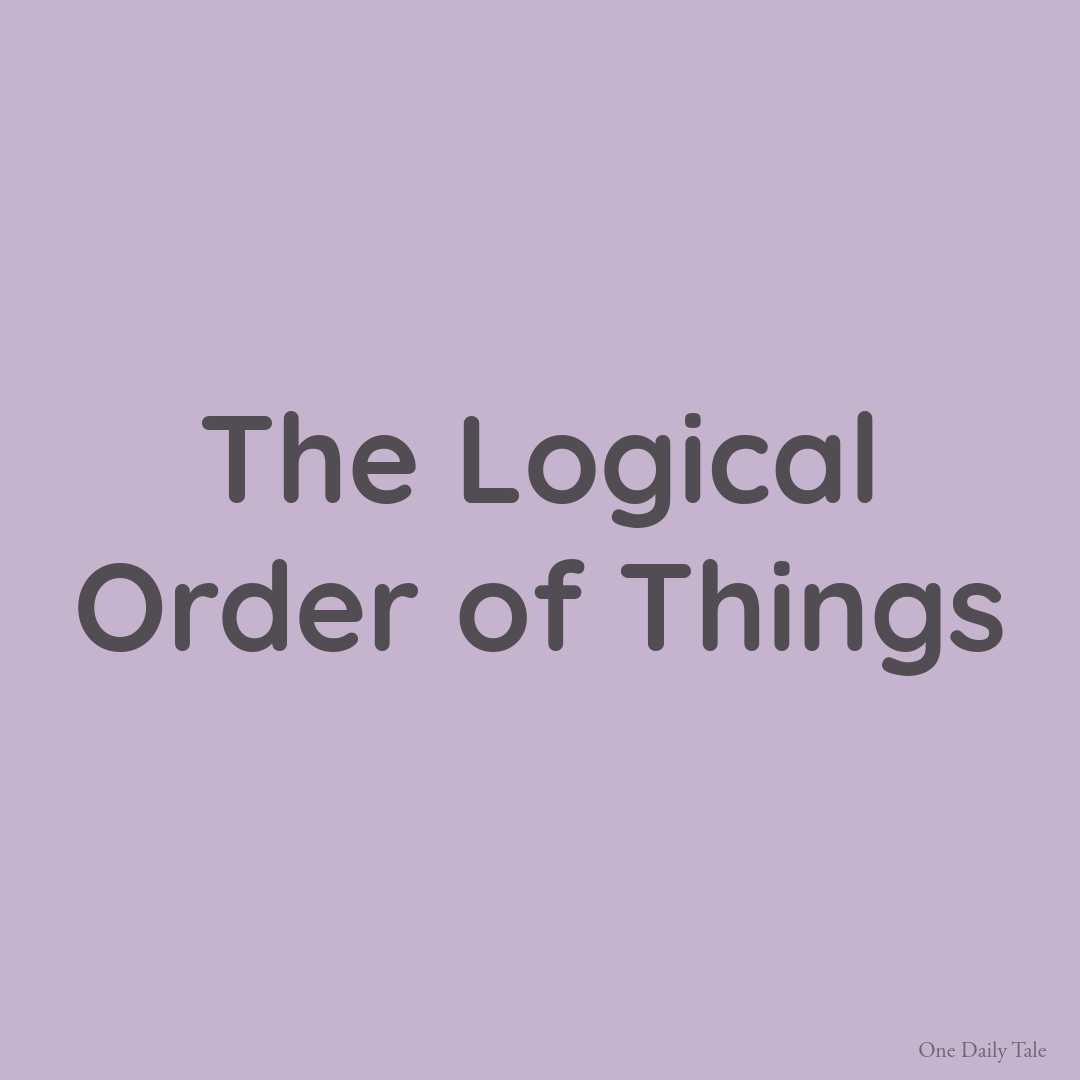We all have a different perspective because we have:
- A different genome. This goes without saying, but it is the first thing to accept.
- Different experiences. Even within the same family, the education received by the first-born is different from that of the younger sibling. Parents’ experiences are naturally modified.
- The mixture of the two previous phenomena. If we approximate a common experience between two individuals, such as attending a movie screening, and forget the geometric difference between their two seats, it is the genome/experience combination that creates the individual’s experience.
Each moment is an experience in itself, as soon as one of our senses is activated, which happens naturally without interruption.
In the context of learning, some experiences are “one-shot.” Burning yourself by touching a hot plate is, for the vast majority of people, a “one-shot” experience—by burning ourselves once, we understand the result, and there is no need to repeat it for it to be acquired.
However, for most others, they need to be experienced, felt repeatedly to be learned. Learning the language of the country you live in, along with its manners and customs, are often passive experiences. We hear and see things naturally.
An example of a slightly different learning process, through our body: if we eat at the same time every day, our biological clock adjusts to it, and we will feel hunger at the time we usually eat.
Speaking from my own case, as someone living abroad, our body and senses must adjust to a completely different environment (and I don’t live in a jungle either). But all our senses are “out of sync” in a passive and natural way.
Many people who have never lived abroad don’t really ask themselves what it’s like, but getting used to living in another country forces your body and brain to “re-adapt.” This is especially true for people who tend to immerse themselves in the new culture of the country they live in. This goes without saying, but the more different the culture, the more important the adaptation becomes.
Japan and France are difficult to place on a spectrum, and nothing is truly black or white, but for certain points, honestly, they are opposites. And that is probably one of the reasons why expatriates who have “integrated” more smoothly think differently when it comes to cultural biases.
A study (Maddux & Galinsky, 2009) shows that expatriates who have lived abroad longer develop more creative and flexible thinking, but only if they have truly immersed themselves in the local culture.








Leave a Reply
You must be logged in to post a comment.